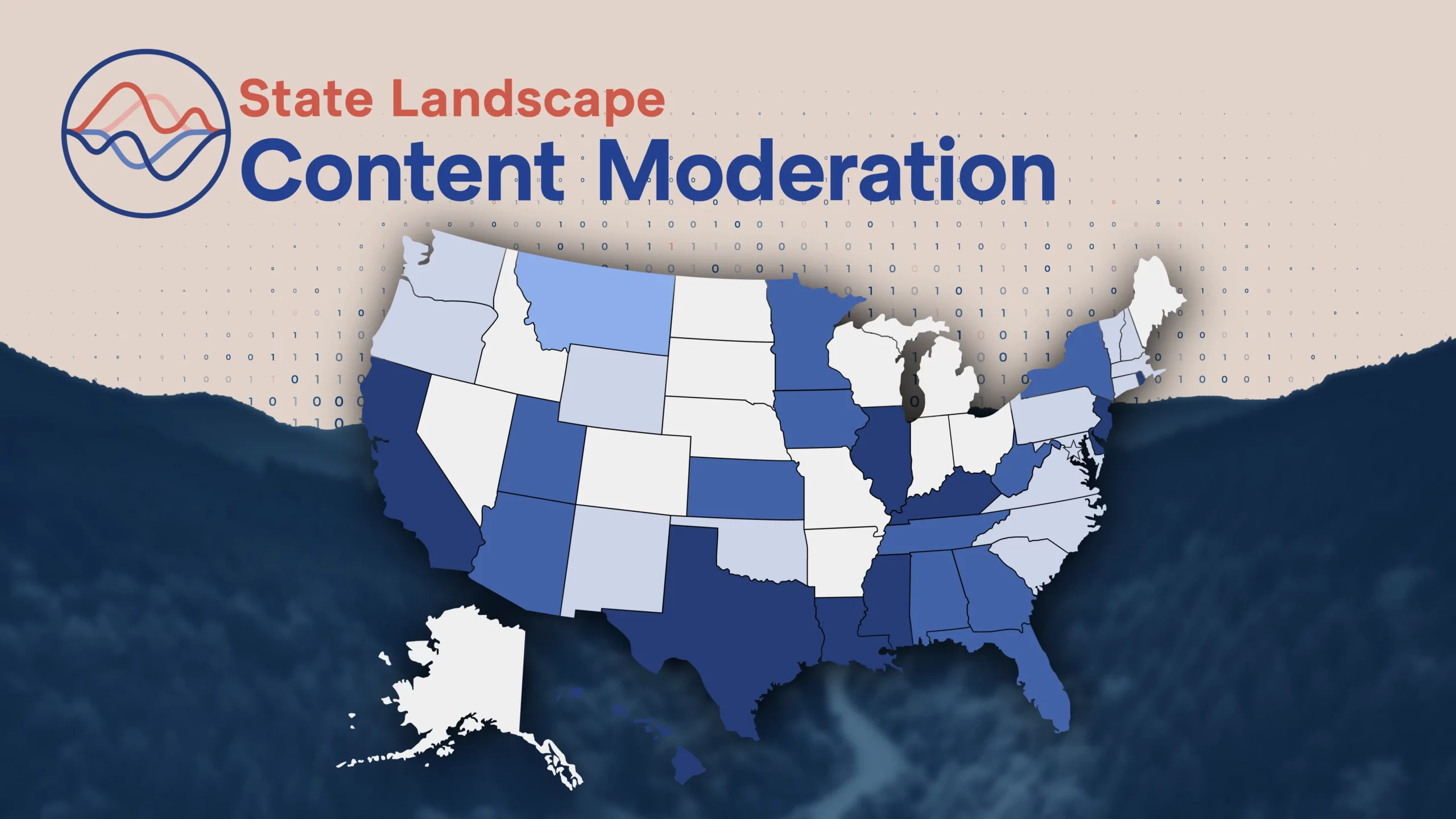2020’s Noteworthy Content
The Disruptive Competition Project covered a wide range of topics in 2020 but certain subjects stood out, both new issues such as how the pandemic has affected entertainment and online commerce, as well as subject matter familiar to DisCo readers, including Section 230, the Google v. Oracle case, and antitrust. Below is a collection of posts on these topics which were most popular with our readers.
1. The Economic Impact of COVID-19
The pandemic has certainly had a drastic impact on many sectors of the economy — from commerce, to entertainment, to work and education — spurring many to alter their operations to handle the challenges it has brought forth.
As consumer habits have shifted due to the pandemic, many small and medium-sized businesses, including startups, have been particularly affected. Since early 2020, the U.S. government has taken steps to support small and medium-sized businesses alike. It’s likely that government efforts to support these businesses throughout the pandemic will continue. While COVID-19 has proven challenging to many aspects of operating brick-and-mortar businesses, it has also prompted businesses to shift their focus towards online efforts. As such, online commerce drastically rose through 2020 and looks to continue growing throughout 2021.
Remote work and education were also on the rise throughout 2020 and many digital tools facilitating these activities have grown as well.
Additionally, much of the content, industries, and people we enjoy watching continues to be affected by the COVID-19 pandemic. Industries from music and sports, to video gaming, film, and television have all had to adapt to the pandemic. Concerts were cancelled or taken virtual, sports were postponed, eSports and video gaming as an activity rose in popularity, and the role of streaming in content consumption shot up. While these industries are settling into the changes they instituted during COVID-19, many of the practices implemented as a result of this pandemic will likely continue to be employed from here on and we’re likely seeing the formation of a new normal rather than a return to the normal of the past.
2. Understanding Section 230 and Content Moderation
As in 2019, social media services and the moderation of content on online platforms remained in the spotlight for much of 2020. As such, Section 230 of the Telecom Act, often regarded as “the most important law in tech”, was a key topic of 2020. Multiple hearings and more than two dozen bills focused on Section 230 as a target for repeal or revision.
The Disruptive Competition Project maintains a regularly-updated Section 230 resource page explaining the background of the law, proposals to amend it, relevant articles in the discussion surrounding the law, and other resources.
3. The Google v. Oracle Litigation (Again)
As with last year, Google v. Oracle stayed a dominant topic through 2020. DisCo has covered the case since its commencement and The Disruptive Competition Project has built a page dedicated to the case with multiple resources including a short 60-second read, timeline, background, legal briefs, consequences, and media and scholarly analysis.
This year, the case took multiple steps forward. Early in January, Google filed its opening brief requesting that the Supreme Court reverse the decisions of the U.S. Court of Appeals for the Federal Circuit. In May, the Supreme Court ordered for Oracle and Google to file supplemental briefs. Most recently, the Supreme Court heard the oral argument in Google v. Oracle on October 7, and we are still awaiting the opinion.
4. Antitrust Remains in the Spotlight
Antitrust was another hot topic throughout 2020. As predicted, antitrust policy discussions often focused on tech.
The Disruptive Competition Project continued our body of work analyzing studies on antitrust with a post addressing concerns presented in one study focused on market power and dominance in platform markets. Another post discussed the Federal Trade Commission’s (FTC) request early in the year for tech companies to provide the FTC with information relating to prior acquisitions not reported to it.
Early October, the House Judiciary Committee’s Subcommittee on Antitrust, Commercial and Administrative Law published a Report that compiles the findings of a long investigation into competition and digital services led by Chairman Cicilline (“the Majority Report”). DisCo has published posts on the Majority Report and experts’ reactions to the report.
The Disruptive Competition Project additionally discussed the positives of increased transparency in antitrust agencies’ procedures and expanded on our Antitrust in 60 Seconds series with new posts on the failing firm defense and freedom of design.








